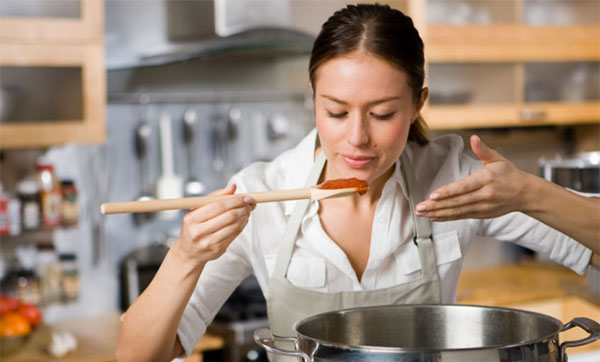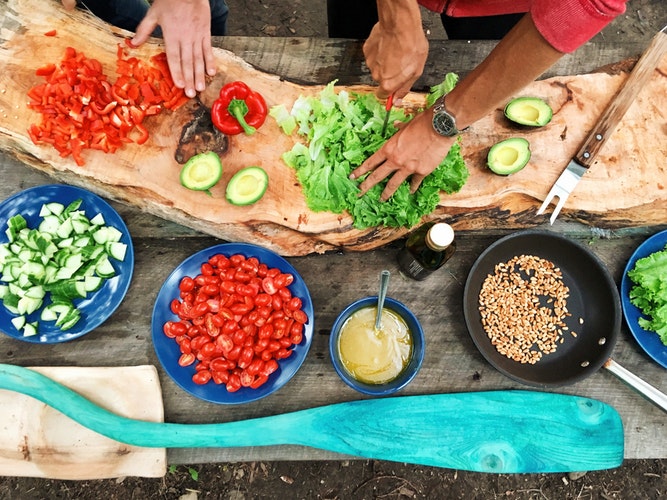Home-made food sale regulations in China

Sale of home-made food is becoming increasingly common in China - at least in first tier cities.
More and more we see WeChat accounts, websites or even just…telephone numbers that can be contacted to purchase the widest variety of home-made products. This is being done not only by Chinese persons, but also by a lot of foreigners living in China and with passion for food: home-made cheese, yoghurt, sauces, grounds ,drinks, etc..
Usually the pattern is as follows: it all starts as a personal hobby of someone rather gifted in cooking, its friends start to appreciate and the cook starts to share with them and acquaintances its home-made delicacies.

A chat is created on WeChat and pictures are posted regularly on the new-cooked products.
Other times we have a chat whereby people can purchase imported products (cheese, meat, other delicacies), selected and scouted from the chat's administrator.
However, from the moment when it evolves into a (even simply structured) business and the cook actually charges a price for this and arranges deliveries, it all becomes- legally - much more complicated...
First of all, we have the rather complex e-commerce compliance: under the new 2018 E-Commerce Law, the administrator of the chat can be qualified as “e-commerce operator” (电子商务经营者) and – as such – it should comply with the registration obligations provided by the law (article 10) - only exception is for those who sell self-produced agricultural products, un-processed or with very basic processing (washing, slicing).
E-commerce law also requires from the e-commerce operator tax compliance as well as license compliance (i.e. the operator shall have all the licenses required to perform that activity).
This brings us to the second and even more sensitive issue: selling food and cooking to customers requires duly-issued food licenses, and no exceptions apply for informal/simply structured sales through WeChat groups of friends/acquaintances. We have been enquired several times from home-based cooks on how their business can become legitimate. Very simple: the correct food license shall be obtained. This requires a company, and this requires alsothe careful choice of license.

Example: online sales of steaks personally cut/sliced by the seller (usually the chat administrator) should and could be done under Food sales operator license/retailer (exclusively online)/bulk products (including bovine,swine, ovine); a person selling home-made-sauces should apply – for example– for a catering license/restaurant (exclusively online)/cooked food or catering license/on site made-and-sold (including online)/hot food.
For other products with more sensitive making process (such as fermented foods, etc..) authorities sometimes require that a production license shall be used, as this would guarantee a better equipped facility to prevent any possible safety hazard.
Of course this creates a cost issue, as getting any kind of food license involves securing a food processing location duly equipped and compliant with the specific provisions applicable to that kind of license.
It is not rare that – in order to reduce this issue – home-based cooks choose to cooperate with duly licensed companies by cooking in their facilities and thus enjoying coverage by their food license.
This may cause of course other issues: know-how sharing (both technical, as the food processing method and know-how will also be disclosed to the food licensed company, and commercial, as the cook will not be able to sell directly to its customers, and all sales will be done by the licensed company, which means that all its client database will be basically disclosed to the food-license company) as well as commitment on minimum volumes are the most typical ones.
Time would seem mature in cities like Shanghai for having platforms duly licensed and equipped to provide legal coverage/incubation to those “freelance” food business.
HFG Law&Intellectual Property


